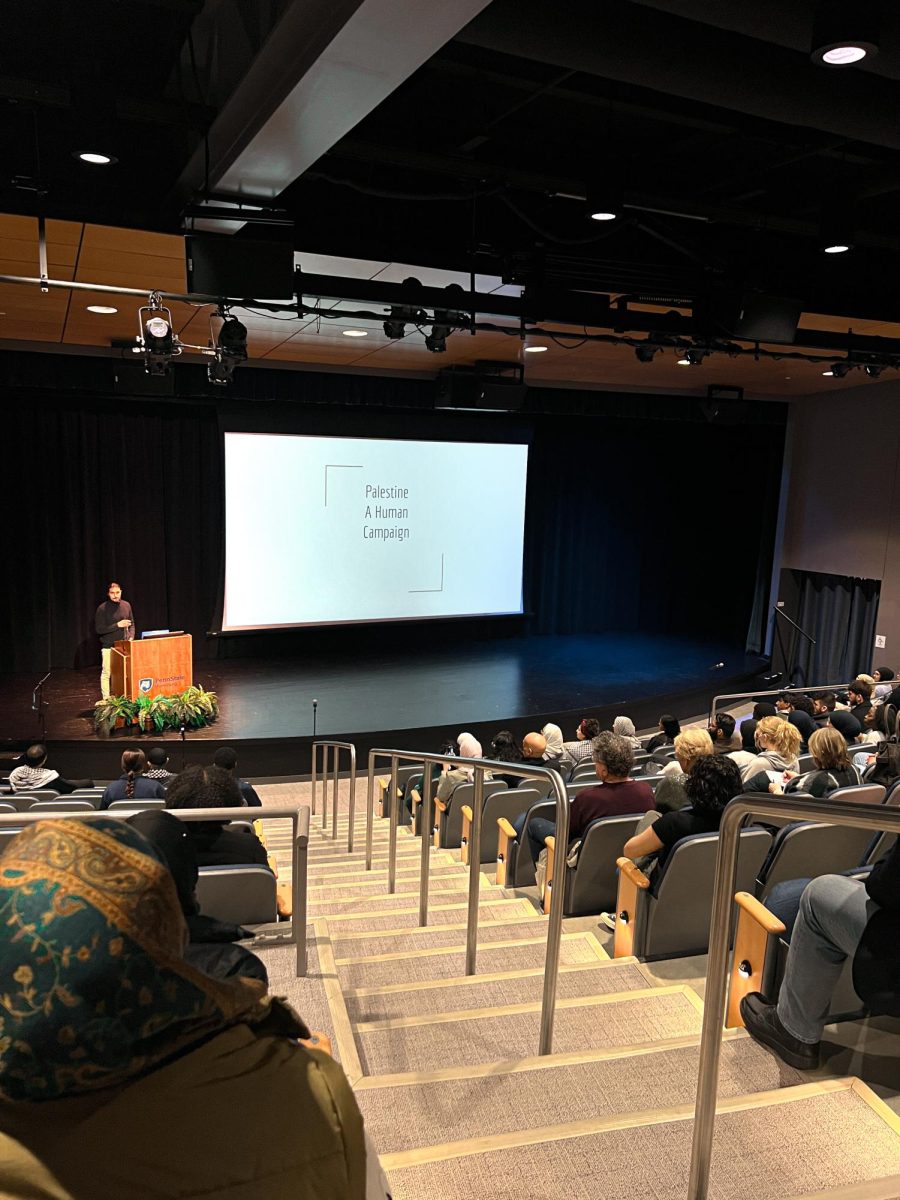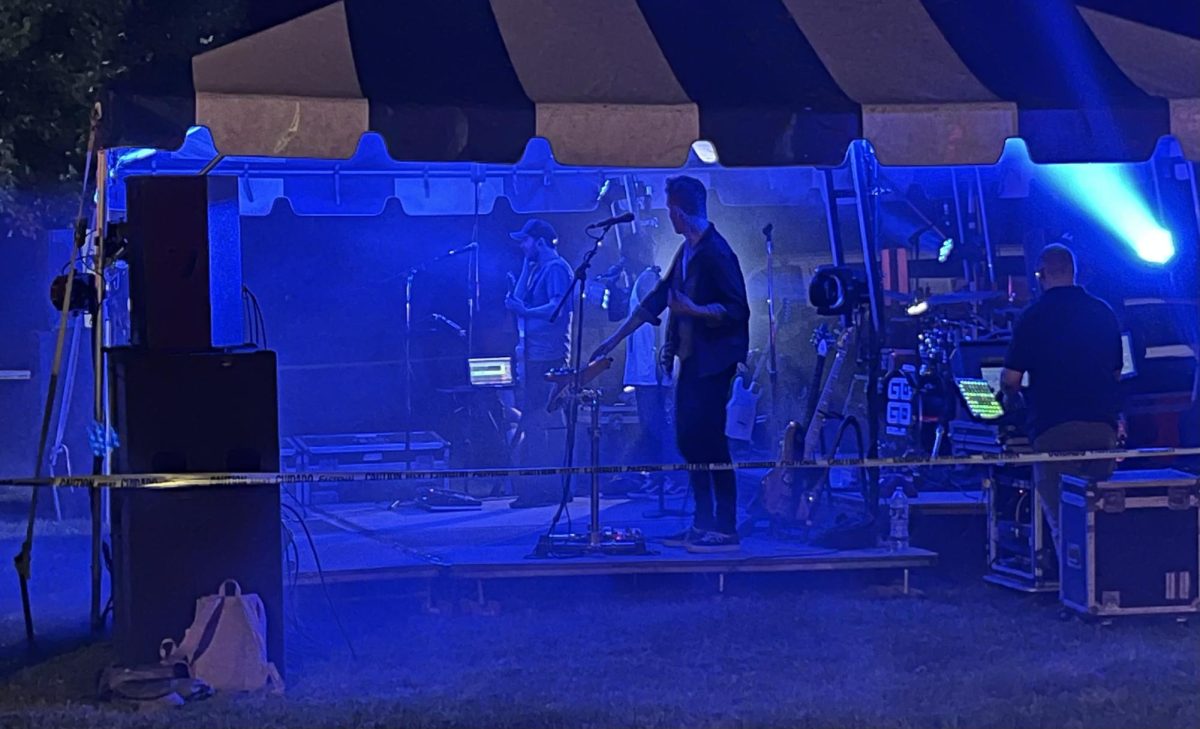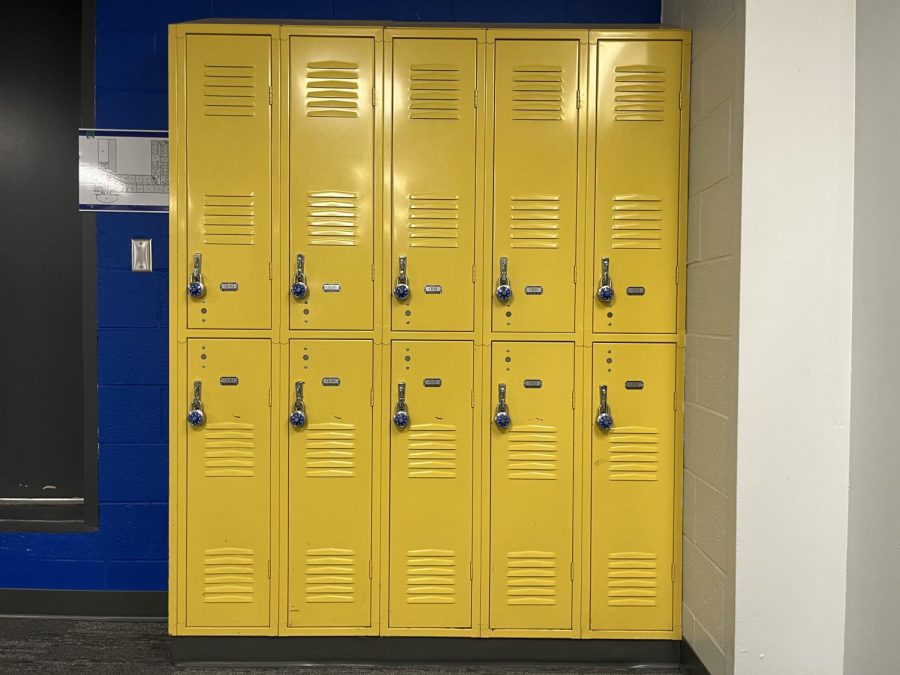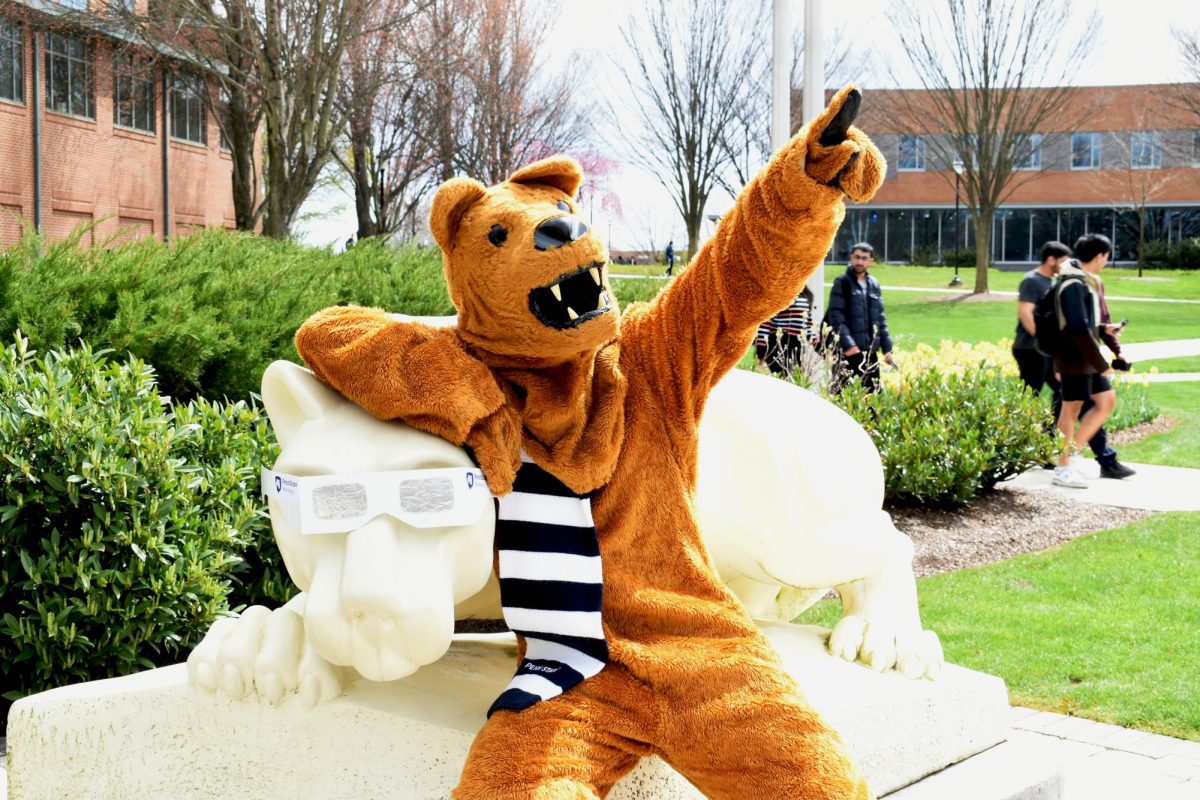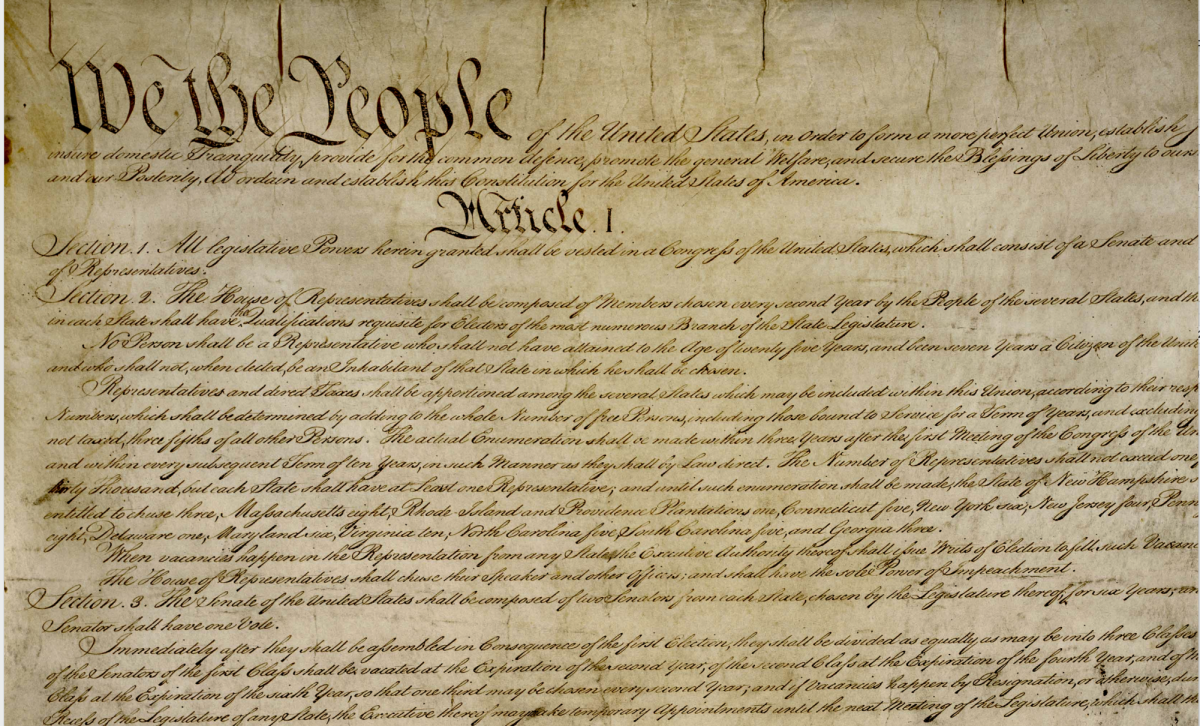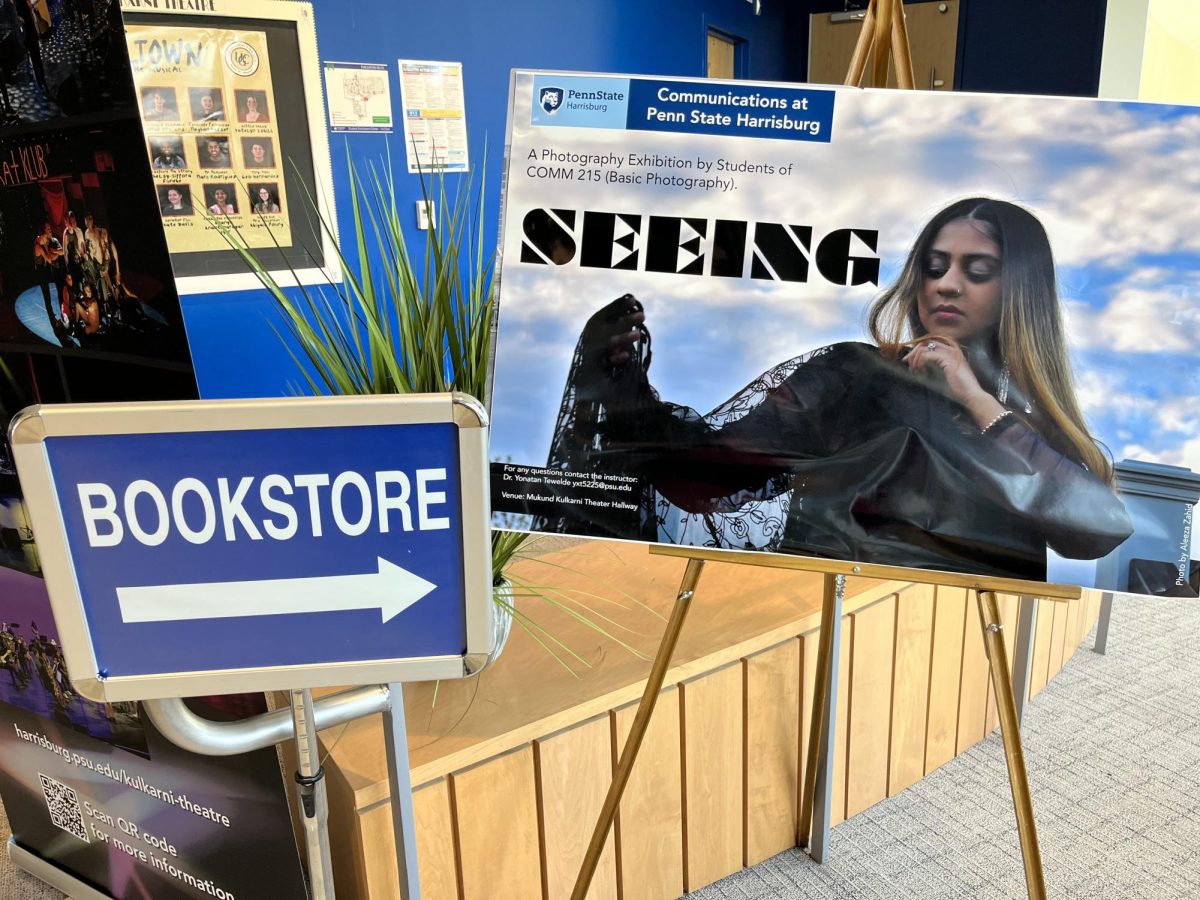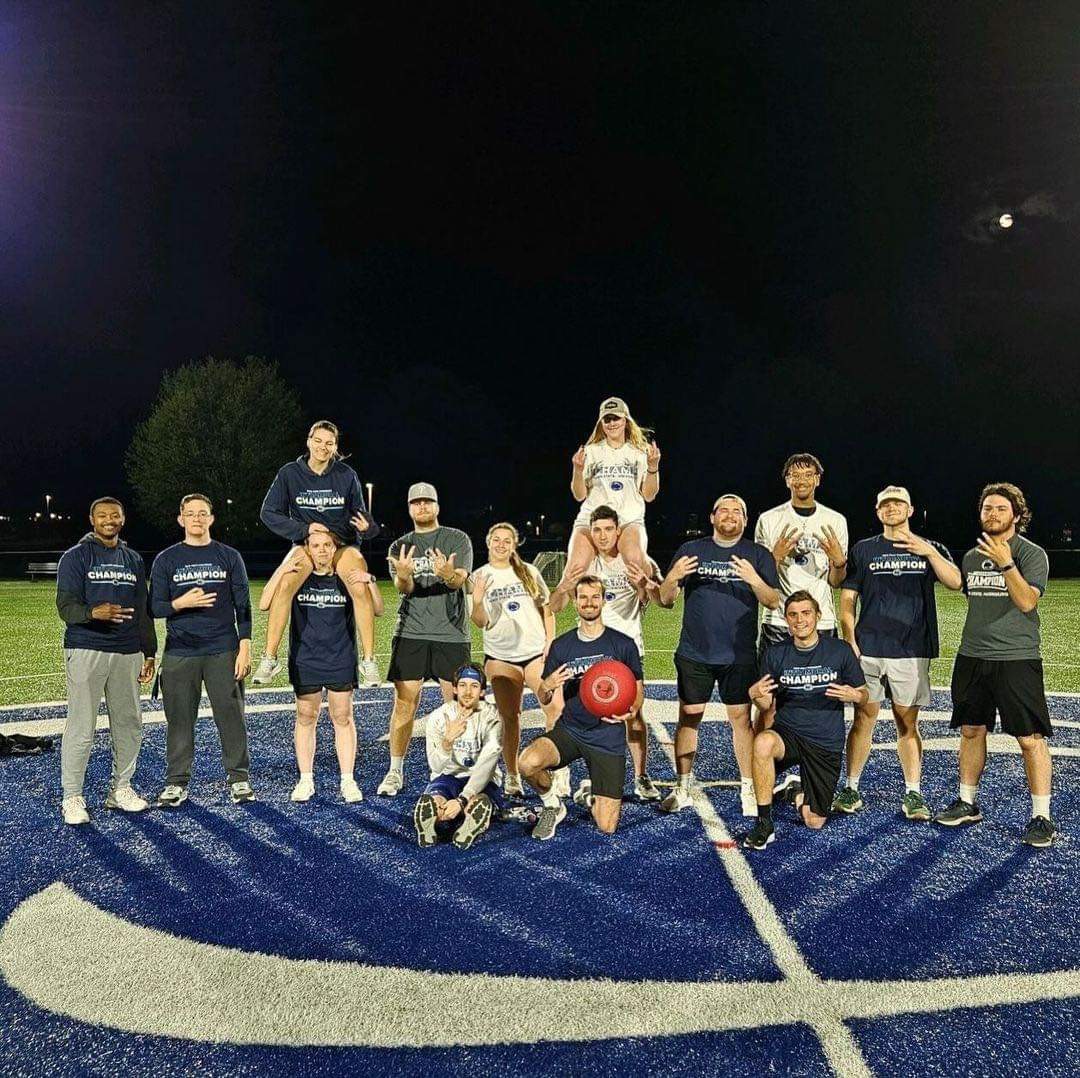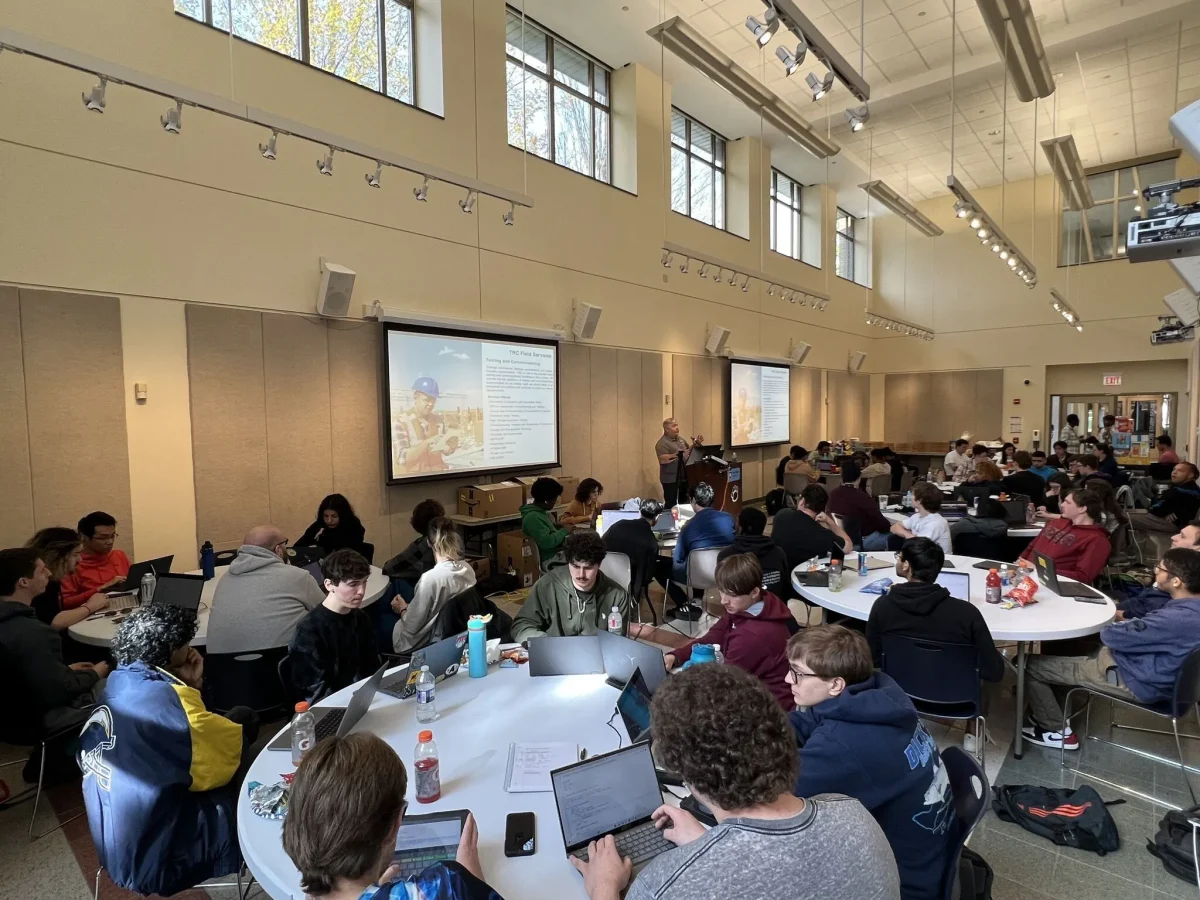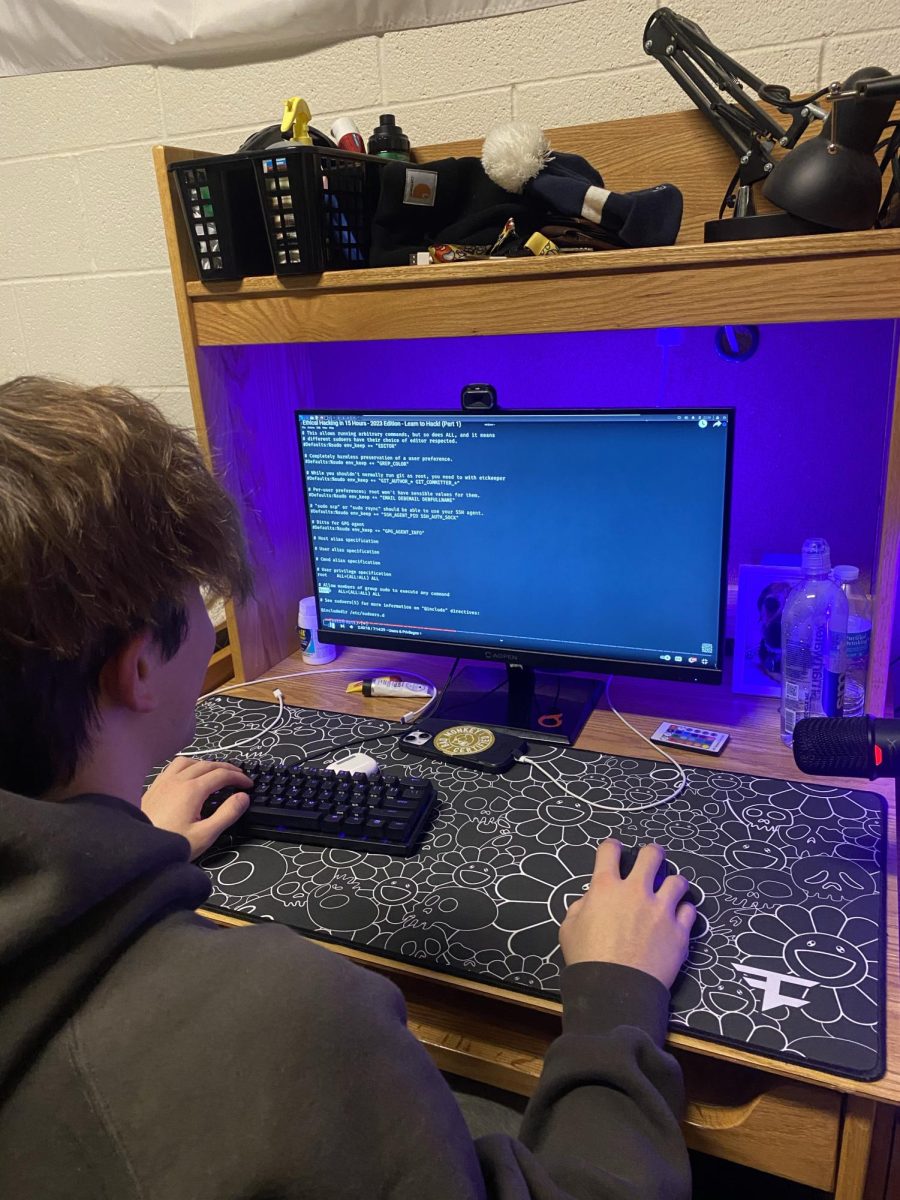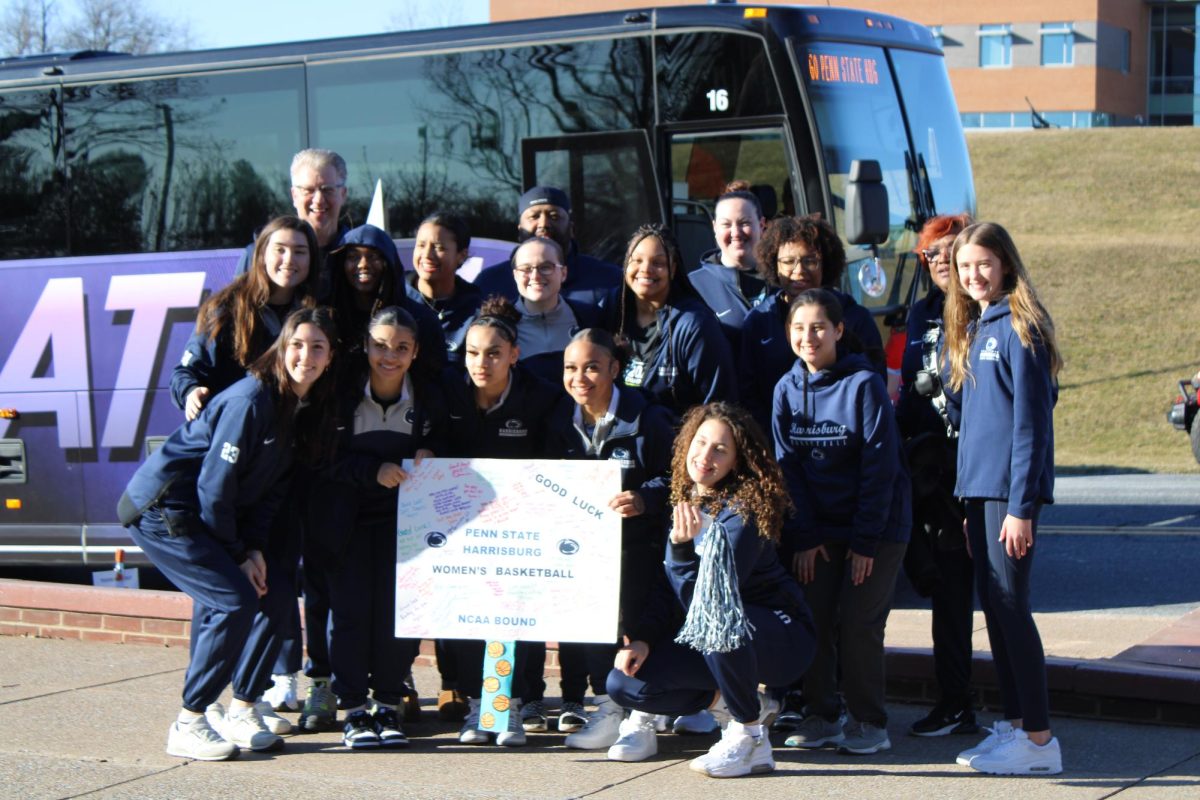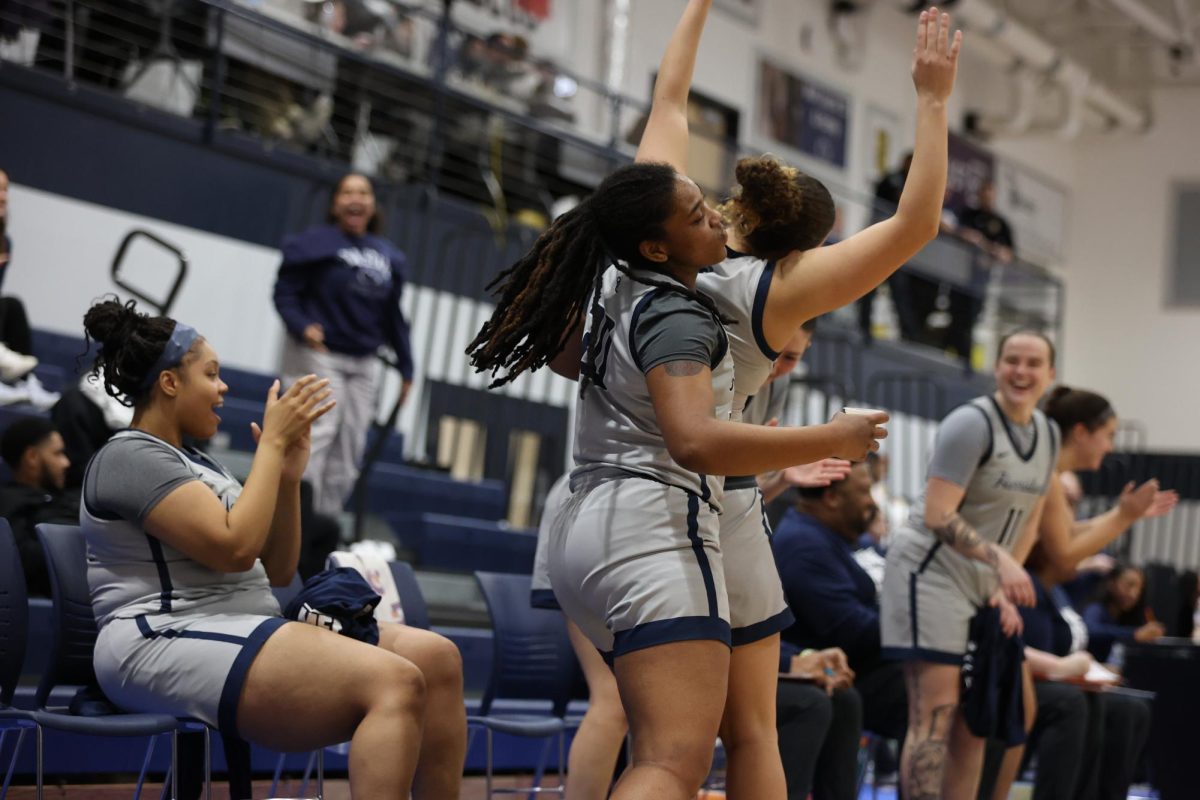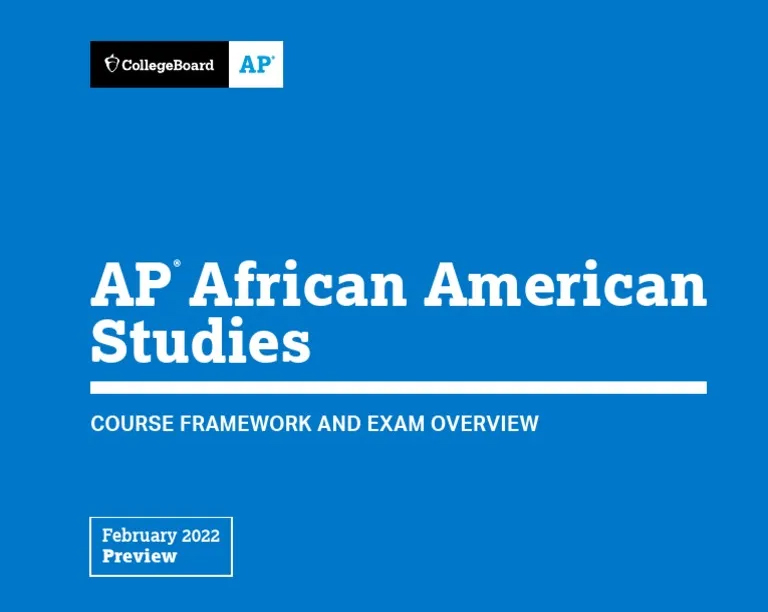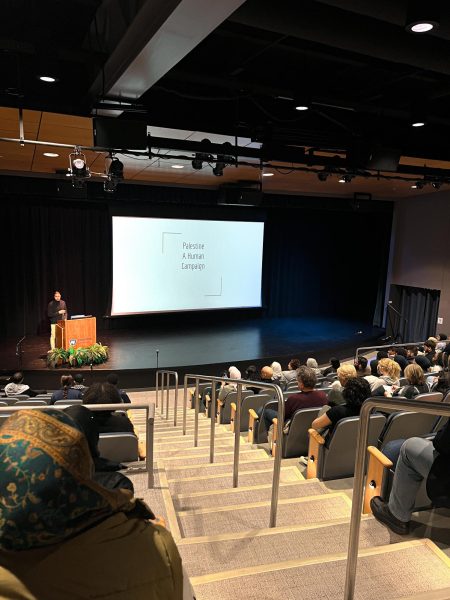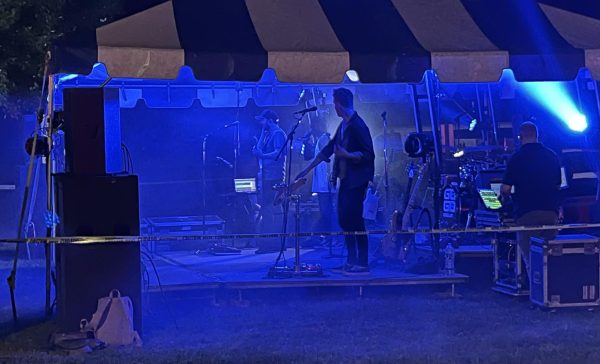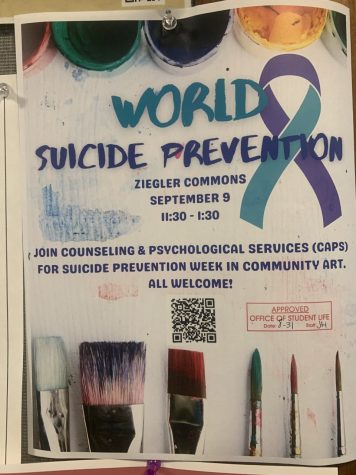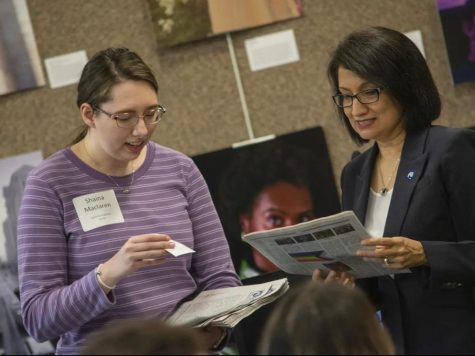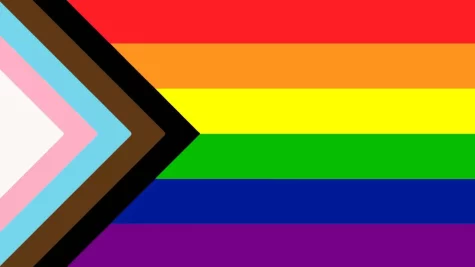African American Studies Programs Challenged
AP College Boards African American Studies Course Overview
Last week, Florida’s Department of Education (DOE) stirred up some controversy after rejecting an Advanced Placement course focusing on African American Studies.
“As submitted, the course is a vehicle for a political agenda and leaves large, ambiguous gaps that can be filled with additional ideological material, which we will not allow,” Bryan Griffin, press secretary to Florida Governor Ron DeSantis said.
When looking through social media feeds and headlines from across the country, there are many around the nation upset about the contentious decision DeSantis has made. According to NBC News national critics as well as sources in the White House believe the Governor’s decisions show he wants to censor discussions on race and sexual orientation from Florida’s public schools.
DeSantis has had a strong opinion on this issue for quite some time. In 2022, he signed the HB7 or “Stop WOKE” Act, which limits certain topics to be taught in the classroom, including critical race theory. Because of this, many believe that his motives for the rejection are intentionally racist and homophobic.
However, DeSantis sees no wrong in his actions. Last Monday, at a news conference, he spoke and defended the decision for his rejection, by saying that the course is teaching “indoctrination”, not education. He claims that the material in the course is pushing a “political agenda” on children. But what part of the curriculum does the Florida Governor truly have an issue with?
Thanks to The College Board, they publicly put out a pdf of the framework and the exam overview of the course. There are four units to be taught, which include the Origin of the African Diaspora, Freedom, Enslavement, and Resistance, The Practice of Freedom, and Movements and Debates. The units will cover many topics, such as African Empires, arts and literature, identities, and black pride, to name a few.
Within the four units, there are 102 sub-topics. And out of those sub-topics, six of them are what caused the rejection, which includes: Intersectionality and Activism, Movements for Black Lives, Black Feminist Literary Thought, The Reparations Movement, Black Study and Black Struggle in the 21st Century, and Black Queer Studies.
“Now who’s to say that the important part of black history is queer theory?” DeSantis said as he pointed out what he believes is the left-wing’s “agenda”.
One thing that is important to point out is that Black Queer Studies is only .009% of what’s going to be taught in the course. The curriculum goes over so many topics that are just as important. Which makes people wonder, why reject a whole course only to focus on a minute part of it?
“I think this day’s gender and sexuality have become a front issue. It’s not an issue just for the person of African descent, it’s just a public issue right now for the country to deal with,” said Dr. Beatrice Epwene, an assistant teaching professor of Communication and African American Studies at Penn State Harrisburg.
She believes that it’s hypocritical to be exclusive when talking about this topic pertaining to a particular group of people when it pertains to all groups. She also discussed how looking back into history the black community has had so many political figures, musicians, writers, and front-line leaders who had made great contributions to black history, and who also happen to be queer.
When speaking about the rejection of the AP course many across the nation have been content with the discussion as to why it was rejected. While that is important, it is just as important to point out how this will impact high schools all over Florida and what it means to the students.
The College Board is a nonprofit organization that connects students to college success and opportunity by preparing students for a successful transition to college through programs and services such as Advanced Placement Programs. These programs give students a chance to earn college credits while still in high school.
They developed a pilot program for the African American Studies class that they planned on launching in 60 schools across the U.S., with one of them being a Florida high school. The course was to be offered in all high schools by the 2024-25 school year and exams were to be administered by Spring 2025.
But with the rejection from the Florida governor, The College Board has released a statement that said the course was “undergoing a rigorous, multi-year pilot phase, collecting feedback from teachers, students, scholars, and policymakers.”
With that being said many Florida students seemed angered by this. Some even threatened to sue Governor DeSantis for rejecting the course and prohibiting them from receiving college credits or even getting ahead, for those who plan to major or minor in the course in the future.
But not only are Florida students bothered by this, but many other students across the country have also had their opinion on the issue.
“I don’t think anything needs to be changed, they could add some other topic or category, but as far as taking anything away from it, nothing needs to be changed,” Nicole Williams, a senior at Penn State Harrisburg said.
Williams also spoke about how the pathway that was created by African Americans, such as inventions and major movements, should be taught in the classrooms because they still hold an effect on a lot of what is going on now. Even telling the stories about the struggles African Americans had to face to get to where they are today.
“Many people live in today’s world wondering why it is what it is today. They think it’s a coincidence, and it’s not really a coincidence if we pay attention to history,” said Williams.
DeSantis and Florida’s Department of Education agreed to reopen the discussion if in the future The College Board is willing to “come back to the table with lawful, historically accurate content”.


